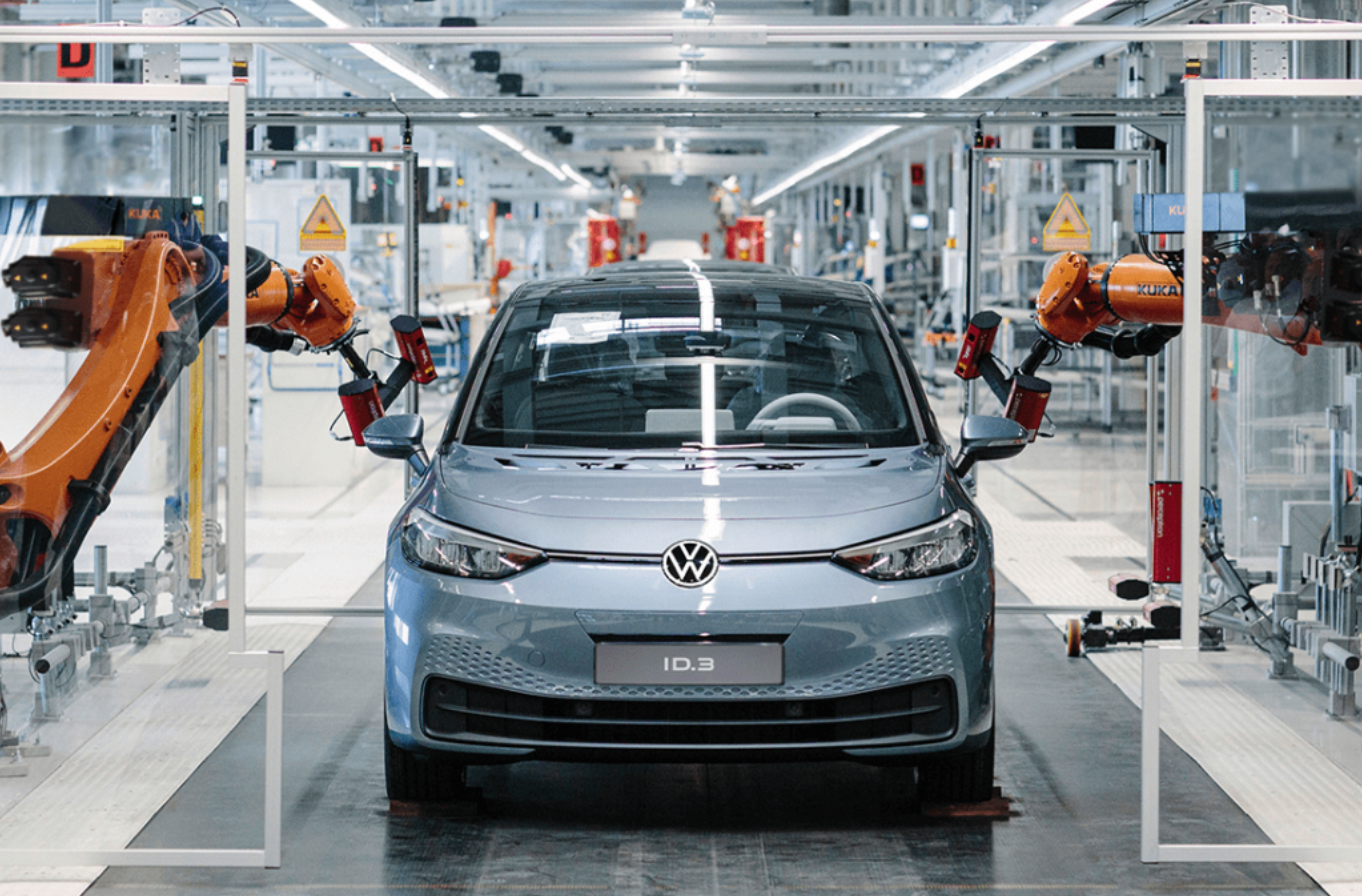
VW slows down EV production and wants to reduce costs

The VW brand is encountering problems in selling its EVs (ID.3 pictured) and has to lower its structural costs asap /Volkswagen
This week, Volkswagen has canceled one shift on the line producing the VW ID.3 and Cupra Born at its plant in Zwickau, Germany, due to low d


Comments
Ready to join the conversation?
You must be an active subscriber to leave a comment.
Subscribe Today